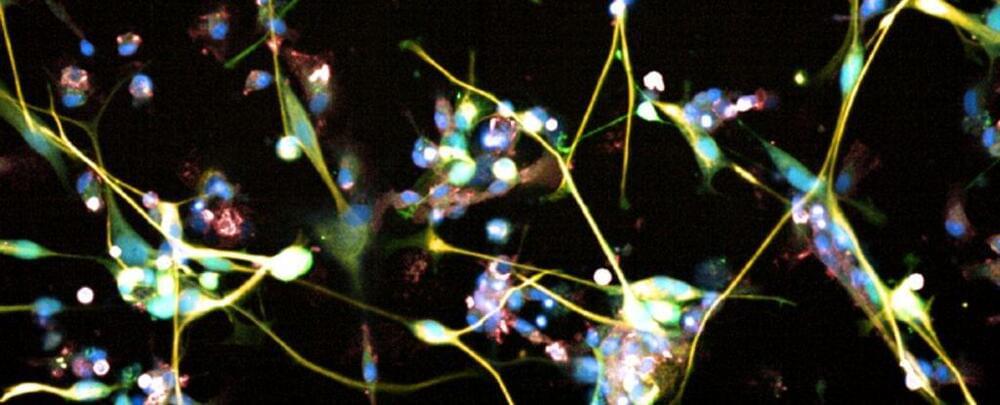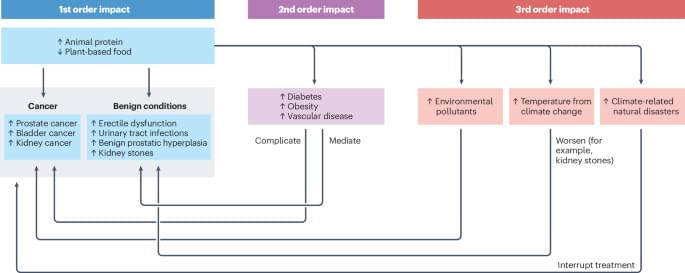Qualcomm fixes 20 vulnerabilities, including actively exploited CVE-2024–43047 in DSP, urging fast OEM updates.
New Gorilla botnet launches over 300,000 DDoS attacks globally, exploiting IoT devices and Apache Hadoop flaws.
Organizations are losing between $94 — $186 billion annually to vulnerable or insecure APIs (Application Programming Interfaces) and automated abuse by bots. That’s according to The Economic Impact of API and Bot Attacks report from Imperva, a Thales company. The report highlights that these security threats account for up to 11.8% of global cyber events and losses, emphasizing the escalating risks they pose to businesses worldwide.
Drawing on a comprehensive study conducted by the Marsh McLennan Cyber Risk Intelligence Center, the report analyzes over 161,000 unique cybersecurity incidents. The findings demonstrate a concerning trend: the threats posed by vulnerable or insecure APIs and automated abuse by bots are increasingly interconnected and prevalent. Imperva warns that failing to address security risks associated with these threats could lead to substantial financial and reputational damage.
Google’s new security pilot in India automatically blocks sideloading of risky Android apps, protecting users from malicious installs.
A widely available and inexpensive antidepressant drug may soon save lives from an altogether different kind of disease.
The growth of the most aggressive and deadly brain cancer, glioblastoma, was effectively suppressed in both ex vivo human tissue samples and in living mice by an FDA approved serotonin modulator currently used to treat major depression.
It’s not a cure, but it may offer some relief and constitute an effective part of a treatment regime for glioblastoma patients. Human clinical trials are the next step; patients are cautioned against self-medicating at this stage.
Plant-based diets have grown in popularity owing to multiple health and environmental benefits.
Here, the authors describe the evidence concerning plant-based dietary patterns and omnivorous diets with reduced consumption of animal-based food and increased consumption of plant-based foods and their associations with the most common urological cancers and benign urological conditions.
National Zoo And Conservation Biology Institute
With the help of 3D modeling technology, a team of veterinary experts successfully carried out a rare spinal surgery on an 11-month-old cheetah cub at the Smithsonian’s National Zoo and Conservation Biology Institute in August.
Researchers have developed an algorithm that could dramatically reduce the energy consumption of artificial intelligence systems.
Ad.
Scientists at BitEnergy AI created a method called “Linear-complexity multiplication” (L-Mul) that replaces complex floating-point multiplications in AI models with simpler integer additions.
The advent of LLMs has reopened a debate about the limits of machine intelligence — and requires new benchmarks of what reasoning consists of.
One milestone along that journey is the demonstration of machine common sense.
UPDATE: October 7 at 10:41 a.m.
The acreage burned remains the same, 72,998, Monday morning. The change comes in containment: Big Horn National Forest said the fire is 10% contained and 680 people are attacking the blaze.









